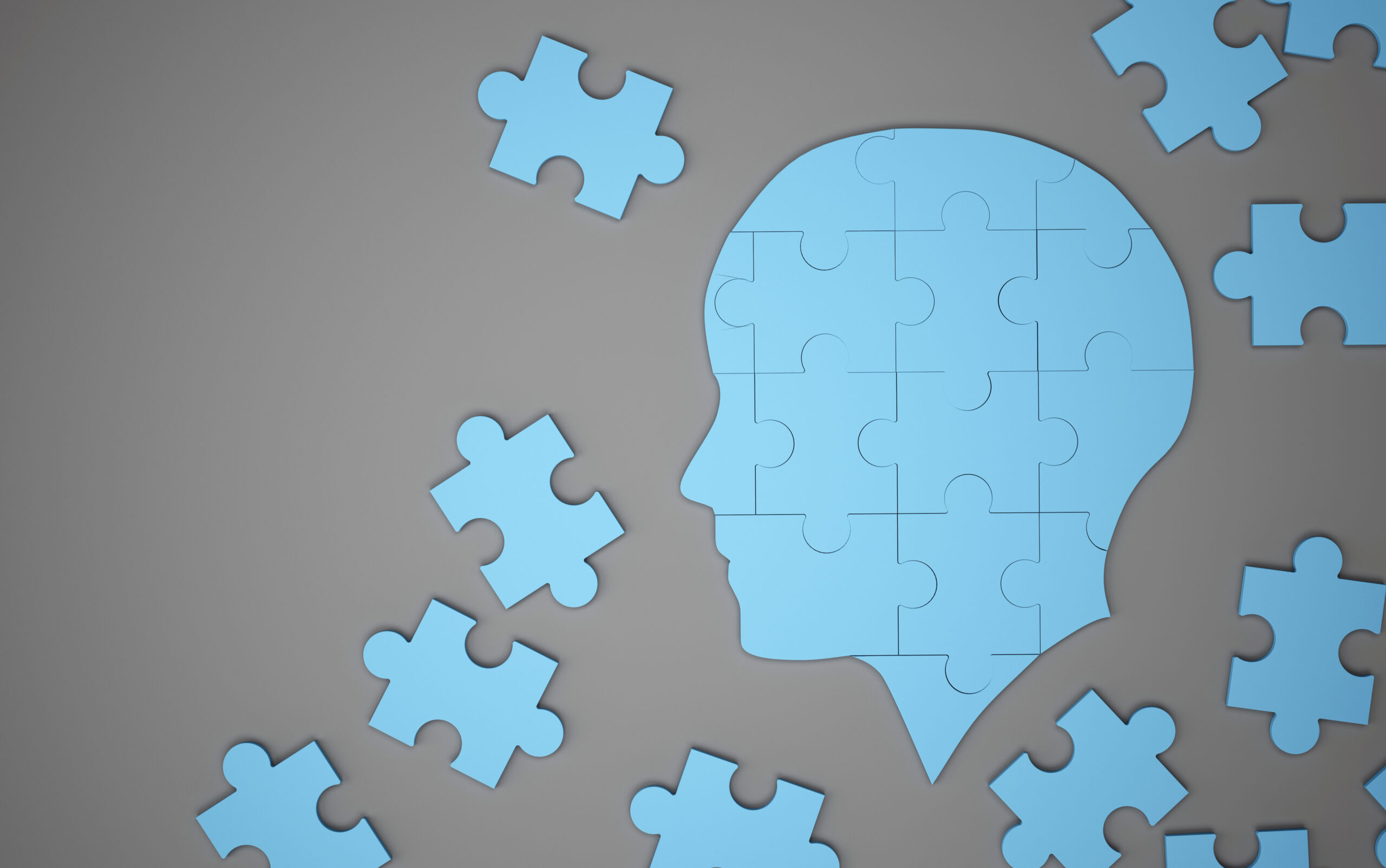Why Music Therapy Helps Reduce Anxiety in Dementia Patients
Music therapy has become a powerful tool in helping individuals with dementia manage anxiety and improve their overall well-being. This approach leverages the unique ability of music to connect with parts of the brain that remain unaffected by dementia, particularly those related to emotions and memory.
### How Music Therapy Works
Music has a profound impact on the brain, engaging multiple regions simultaneously, including those associated with memory, emotions, and motor skills. For people with dementia, familiar tunes can evoke memories and emotions from the past, providing moments of clarity and recognition. This can be especially comforting as it allows individuals to reconnect with cherished memories and experiences.
### Reducing Anxiety and Stress
One of the most significant benefits of music therapy for dementia patients is its ability to reduce anxiety and stress. Rhythmic patterns and melodies can synchronize the mind and body, promoting relaxation and reducing physiological signs of stress such as an elevated heart rate. By listening to music that is familiar and meaningful, individuals can experience a sense of calm and comfort, which is crucial in managing the emotional turmoil often associated with dementia.
### Promoting Social Interaction
Music therapy also offers an opportunity for social engagement. Singing or listening to music together can foster empathy and deeper connections between patients, caregivers, and family members. This social interaction is vital for maintaining a sense of community and belonging, which can be particularly challenging for those with dementia.
### Personalized Music Therapy
Recent research highlights the importance of personalized music therapy in dementia care. By tailoring music selections to an individual’s preferences and life experiences, therapists can create a more effective and meaningful therapeutic experience. This personalized approach ensures that the music resonates deeply with the individual, maximizing its therapeutic benefits.
### Conclusion
Music therapy is a compassionate and evidence-based solution for reducing anxiety and improving the quality of life for individuals with dementia. Its ability to evoke memories, reduce stress, and promote social interaction makes it a valuable tool in dementia care. As research continues to uncover the mechanisms behind music’s effects, healthcare professionals are better equipped to implement personalized music interventions that transform the lives of those with dementia and their caregivers.





